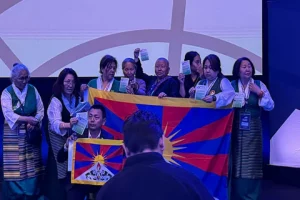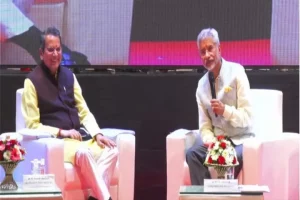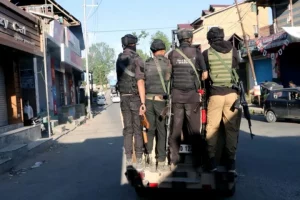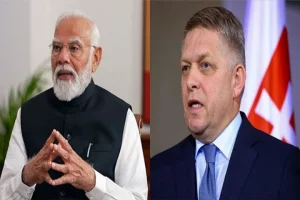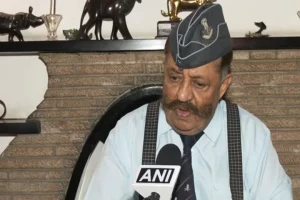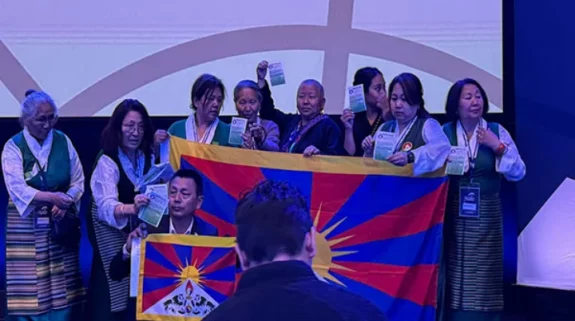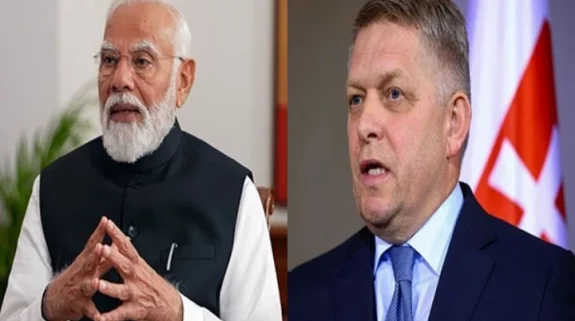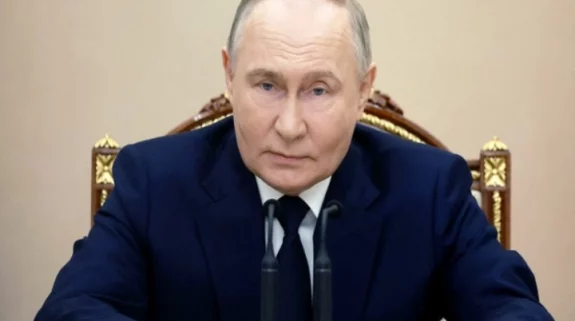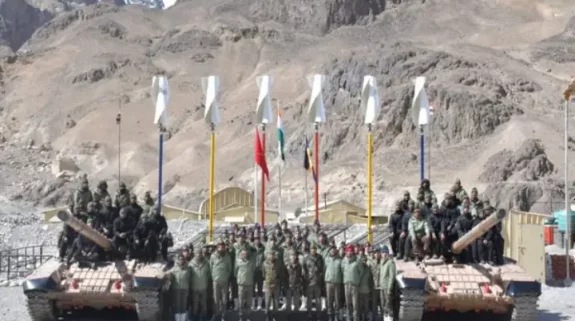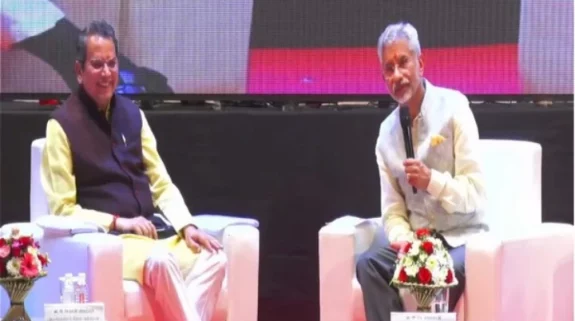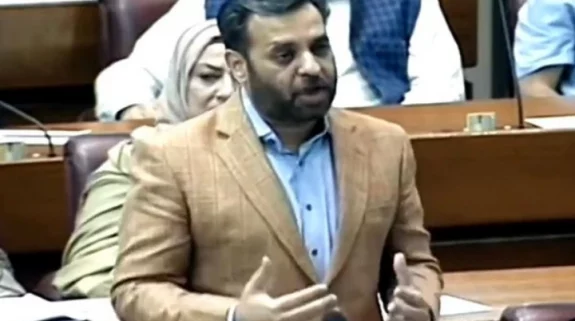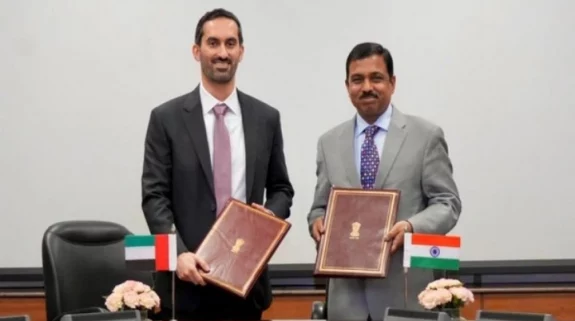India and China will hold their eighth round of talks next week to resolve the border dispute in Eastern Ladakh where the Chinese PLA has intruded into Indian territory at a number of points. The two armies are locked in a battle-ready confrontation for the past six months.
Snow has begun to fall in the border areas, converting an inhospitable terrain into a hostile terrain. The eighth round of talks has been delayed partly due to the strategic 2+2 Ministerial Dialogue between India and the US due to Chinese apprehensions. Now with the snow beginning to fall, the soldiers will have to brave minus 30-degree Celsius temperatures.
The mountain passes that lead to the border areas close down around the last week of October. Observers were hoping that the Chinese would agree to a withdrawal by this time as cold weather and snow would make it difficult for 60,000 fully-armed troops of both countries on the Line of Actual Control (LAC).
Just a few days back, even Defence Minister Rajnath Singh cautioned army commanders about China's intent during military talks and also asked them to remain alert on the border.
India will have to patiently play the Chinese game of talks and discussions, harping on “peace and tranquility” even though these may not yield much. The seven rounds of military talks for disengagement and de-escalation, excluding two ministerial-level discussions between the Foreign and Defence Ministers of the two nations in Moscow have not shown results. Also, for China talks, discussion and pacts do not mean much as it violates its own pacts with impunity.
Many India-China peace talks over the last few months have been marathon sessions, lasting up to 15 hours, drawing ridicule among China watchers. Col. Anil Bhat (Retd), strategic analyst and former spokesperson, Defence Ministry and Indian Army, says: “The Chinese will try to persuade us to get down from the strategic heights that we have occupied. We should not fall for their sweet talk. We should instead ask them to get down and go back."
Experts say that China is caught in a Catch 22 situation as it hoped for a quick incursion into Indian territory, holding it permanently. Though it was able to do so at some areas of the Pangong Tso lake when the Indian Army was at peace time locations, the PLA had to beat a retreat on June 15 at Galwan Valley where it lost a considerable number of men in confrontation with the Indian Army. Again, the PLA was pushed back when its soldiers had tried to occupy the higher reaches on the southern and northern Pangong Tso area on August 29-30.
With India holding secure positions, which overlook the Chinese garrison at Moldo and also at the Spangur Gap, the PLA is looking rather vulnerable. India has mirrored the Chinese deployment, making it difficult for China to either attack or go back, as the latter is not in their rule book.
The seventh round of talks between the military commanders took place on October 12. After the 11-hour talks, the Indian Army issued a statement saying: "these discussions were positive, constructive and had enhanced the understanding of each other's positions." The Indian Army added that both sides had agreed to maintain dialogue and communication through military and diplomatic channels, to arrive at a mutually acceptable solution for disengagement.
The PLA had suggested that the two countries withdraw their armored and artillery units to de-escalate the situation, followed by their dis-engagement of the infantry. India was uncomfortable with this as it would give the upper hand to the Chinese for whom it is easy to re-deploy their men and machines due to better infrastructure and a relatively flat Tibetan terrain. For India re-deploying their armored and artillery units at a short notice in case the wily Chinese decide to make another incursion into Ladakh would not be feasible as Indians have to navigate a rougher terrain. Besides, the Chinese proposal literally meant India going back in its own territory while the Chinese still remain on the border.
Despite seven rounds of talks, China has not shown any intention to lower the temperature as it has kept its air force bases in Tibet on alert as well as reinforced its troops. It has continued to maintain the pressure on India. China has been insisting that Indian troops vacate the area where they are in dominating positions on the Pangong Tso lake while India has been insisting that China withdraws from the entire LAC as it breached the border.
From the Indian side, the talks will be led by Lt-General P.G.K. Menon and Ministry of External Affairs Joint Secretary Navin Srivastava. Menon took over the charge of the 14 Corps Commander in mid-October after his predecessor Lt-General Harinder Singh was transferred to the Indian Military Academy..






